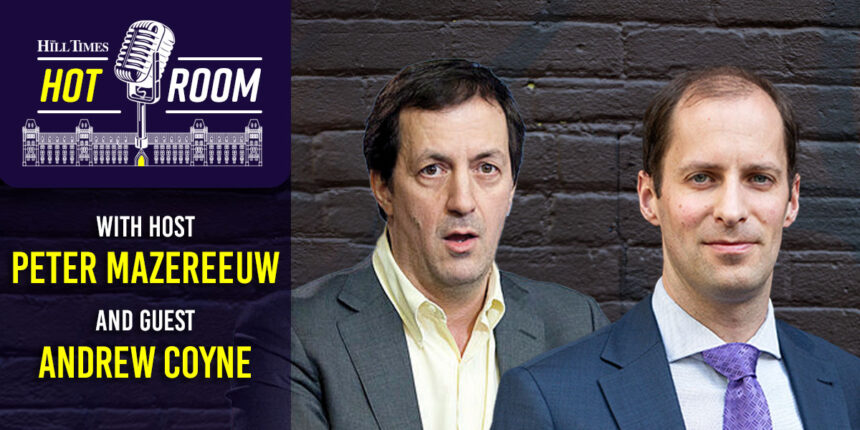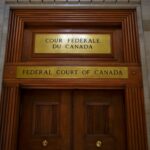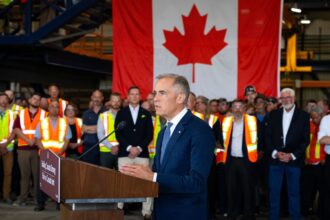In an era where democratic institutions face unprecedented scrutiny, veteran political commentator Andrew Coyne has delivered a stark warning about the state of Canadian democracy. Speaking in a recent in-depth interview, Coyne articulated what he describes as a “slow-motion crisis” unfolding in Canada’s parliamentary system—one that has been decades in the making but now threatens the very foundations of representative governance.
“We’re witnessing the culmination of a long process of power concentration,” Coyne explained, pointing to the gradual but relentless centralization of authority within the Prime Minister’s Office. “What was designed as a system of checks and balances has increasingly become a mechanism for executive dominance, regardless of which party holds power.”
The deterioration crosses partisan lines and transcends individual governments. According to Coyne, successive administrations have contributed to this democratic erosion by weakening parliamentary oversight, limiting debate, and employing procedural tactics to circumvent proper legislative scrutiny. The phenomenon has accelerated in recent decades, with Canadian politics becoming increasingly leader-focused at the expense of meaningful parliamentary deliberation.
Perhaps most concerning is what Coyne identifies as a growing disconnect between elected representatives and their constituents. “MPs have effectively become delegates of their party leaders rather than representatives of their communities,” he noted. “The party discipline in Canada is among the strictest in any democratic system, turning parliamentarians into little more than voting machines for their respective parties.”
The consequences extend beyond abstract concerns about constitutional norms. Coyne argues that this democratic deficit directly impacts policy outcomes, leading to poorer governance and diminished public trust. When Canada news focuses primarily on leadership personalities rather than substantive policy debates, citizens become increasingly disengaged from the political process.
Experts in democratic governance have echoed Coyne’s concerns. Professor Elizabeth Goodyear-Grant of Queen’s University told CO24 that “the hyper-centralization of power has transformed parliamentary democracy into something closer to an elected monarchy with four-year terms.” This sentiment reflects growing academic consensus about institutional decline in Canadian political structures.
Financial implications of this democratic deficit are substantial as well. Market analysts have noted that policy uncertainty stemming from concentrated decision-making creates economic volatility. “When major decisions happen without proper debate or oversight, business confidence suffers,” explained economist Armine Yalnizyan. “Democratic institutions aren’t just about rights—they’re about creating predictable environments for economic growth.”
The path forward, according to Coyne, requires substantial reforms. These include strengthening parliamentary committees, reducing party discipline, empowering individual MPs, and potentially revisiting electoral systems that might better translate voter preferences into representative outcomes. While some critics dismiss such proposals as unrealistic, Coyne maintains that incremental progress is both possible and necessary.
“Democratic reform isn’t a luxury—it’s an imperative,” he insists. “The alternative is continuing down a path where citizens feel increasingly powerless and disconnected from their own governance.”
As Canada navigates complex global challenges from economic uncertainty to climate change, the question of democratic capacity becomes increasingly urgent. Can a system with concentrated power and limited deliberative capacity effectively address multifaceted problems requiring broad consensus? Or will constitutional reform become necessary to restore the representative function of Canadian democracy?
The answer may well determine whether future generations inherit a democracy that meaningfully reflects the will of its citizens or merely preserves its democratic appearance while power remains firmly in the hands of the few.










